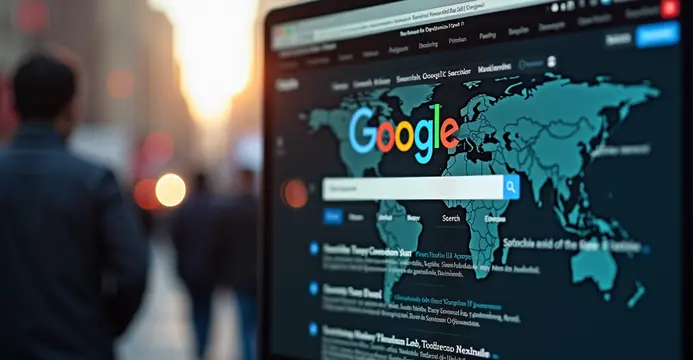
Google Introduces Developer Identity Verification for Android Ecosystem
Google has announced a groundbreaking security initiative that will require all Android app developers to verify their identities, regardless of whether they distribute through the Play Store or alternative channels. This move represents Google's most significant effort to date in combating malware and fraudulent applications on the Android platform.
Enhanced Security Through Developer Accountability
The new Android Developer Console, currently under development, will serve as the central hub for identity verification. Developers distributing apps outside the official Play Store must submit personal identification information including legal name, address, email, and phone number. Organizations will need to provide additional documentation such as website details and D-U-N-S numbers.
Phased Implementation Strategy
Google plans to roll out this requirement in phases, beginning with an early access program in October 2025. The full implementation will start in September 2026, initially targeting Brazil, Indonesia, Singapore, and Thailand - regions particularly affected by fraudulent app scams. A global rollout is scheduled to continue throughout 2027.
Special Considerations for Hobbyist Developers
Recognizing the concerns of non-commercial developers, Google is creating a separate account category with reduced verification requirements and no registration fee. This approach aims to balance security needs with the practical realities of student and hobbyist developers who value their anonymity.
Security Impact and Industry Context
Google's analysis reveals that internet-sideloaded sources contain 50 times more malware than the Play Store. This verification system mirrors Apple's Developer ID and Gatekeeper model on macOS, which has proven effective against less sophisticated attacks. While the requirement doesn't scan app content, it creates crucial accountability by making it harder for malicious actors to remain anonymous.
The initiative represents a significant shift in Android's security paradigm, moving toward greater oversight while maintaining the platform's open nature. Privacy advocates may express concerns, but Google emphasizes that developer information provided through the Android Developer Console will not be publicly displayed to users.

 Nederlands
Nederlands English
English Français
Français Deutsch
Deutsch Español
Español Português
Português







